Are you tired of feeling bloated and gassy after every meal? You’re not alone. Bloating and gas can be uncomfortable, embarrassing, and even painful at times. Fortunately, there are natural remedies that can help alleviate these symptoms without any harsh side effects.
One such remedy is herbal tea. Herbal teas have been used for centuries to soothe digestive issues and promote overall wellness. In this article, we’ll explore five herbal teas that are known for their ability to relieve bloating and gas. So sit back, relax, and discover the soothing powers of nature’s finest herbs!
How to prepare medicinal teas?
Peppermint tea is a popular herbal tea used to treat bloating and gas. To make peppermint tea, simply bring water to a boil and pour it over fresh or dried peppermint leaves in a teapot or mug. Allow the mixture to steep for 5-10 minutes before straining out the leaves and drinking.
Ginger tea is another effective remedy for bloating and gas. To make ginger tea, peel and grate fresh ginger root, then add it to boiling water in a pot on the stove. Let the mixture simmer for 10-15 minutes before straining out the ginger pieces and enjoying.
Fennel seed tea is also known for its ability to ease digestive discomforts like bloating and gas. To prepare fennel seed tea, toast whole fennel seeds in a dry skillet until they become fragrant, then add them to boiling water in a teapot or mug. Steep for 5-10 minutes before straining out the seeds and sipping slowly.
Cinnamon
Cinnamon is a spice that has been used in cooking and baking for centuries, but did you know it also has medicinal properties? Cinnamon tea, made by steeping cinnamon sticks in hot water, can help alleviate bloating and gas. This is because cinnamon contains compounds that have anti-inflammatory and antimicrobial effects on the digestive system. It may also help regulate blood sugar levels, which can prevent spikes and crashes that contribute to digestive discomfort.
In addition to its digestive benefits, cinnamon has other health advantages as well. It’s high in antioxidants, which can protect against cell damage caused by free radicals. Some studies have also suggested that cinnamon may improve brain function and reduce the risk of heart disease. So next time you’re reaching for a cup of tea to soothe your stomach troubles, consider trying cinnamon instead of your usual brew.
It’s worth noting that while cinnamon is generally safe for consumption in moderate amounts, it may interact with certain medications or cause allergic reactions in some individuals. As with any new supplement or herbal remedy, it’s important to consult with a healthcare provider before adding it to your routine.
Also Read: wellhealthorganic.com:health-benefits-of-lemon-oil
Coriander
Coriander, also known as cilantro, is a herb that has been used for centuries in traditional medicine to treat digestive issues such as bloating and gas. The essential oils found in coriander seeds contain compounds that can help relax the muscles of the digestive tract, aiding in the relief of these uncomfortable symptoms.
Brewing coriander tea is an effective way to consume this herb’s medicinal properties. Simply add a teaspoon of crushed coriander seeds to boiling water and let it steep for 10-15 minutes before drinking. You can also add other herbs such as ginger or fennel to enhance its flavor and effectiveness.
However, it is important to note that some individuals may be allergic to coriander and should avoid consuming it. Additionally, pregnant women should consult with their doctor before using any herbal remedies. Overall, incorporating coriander into your diet through teas or other dishes can provide natural relief from bloating and gas discomforts.
Liquorice
Licorice or licorice is a popular herb that has been used in traditional medicine for thousands of years. The extract from its roots contains glycyrrhizin, which is known for its anti-inflammatory and antioxidant properties. Licorice tea can be an effective natural remedy for bloating and gas because it helps to soothe the digestive system and reduce inflammation.
Drinking licorice tea after meals can help to stimulate the production of digestive juices, which aid in the breakdown of food and prevent gas buildup. It also helps to relieve constipation by promoting bowel movements and reducing abdominal discomfort. However, it’s important to note that excessive consumption of licorice can lead to side effects like high blood pressure and low potassium levels.
If you’re looking for a natural way to alleviate bloating or gas, consider adding licorice tea to your daily routine. Be sure to consult with your doctor if you have any underlying medical conditions or are taking medication before consuming this herb.
Matcha
Matcha, a powdered green tea commonly used in Japanese tea ceremonies, has gained popularity for its numerous health benefits. It contains high levels of antioxidants, particularly catechins, which help reduce inflammation and promote heart health. Matcha also contains L-theanine, an amino acid that can increase alertness and calmness without causing drowsiness.
In terms of digestion, matcha is a great choice for those experiencing bloating and gas. The antioxidants in matcha can help reduce inflammation in the gut, while the caffeine content can stimulate bowel movements. Additionally, matcha’s unique composition allows it to be easily absorbed by the body, making it a powerful digestive aid.
When preparing matcha tea for digestion purposes, it is recommended to whisk about 2 teaspoons of matcha powder with hot water until frothy. This will ensure maximum absorption of the nutrients and provide relief from bloating and gas discomforts.
Turmeric
Turmeric is a spice that has been used in traditional medicine for centuries due to its anti-inflammatory properties. It contains an active ingredient called curcumin, which has been shown to relieve bloating and gas by reducing inflammation in the gut. Turmeric can be consumed as tea or added to meals like soups, stews, and curries.
To make turmeric tea, simply add one teaspoon of ground turmeric to a cup of hot water and let it steep for 5-10 minutes before drinking. You can also add other ingredients like ginger or honey for added flavor and digestive benefits. Regular consumption of turmeric tea may help improve digestion and reduce symptoms of bloating and gas.
It’s important to note that while turmeric has many potential health benefits, it should not be used as a replacement for medical treatment. If you are experiencing severe or chronic digestive issues, it is best to consult with your healthcare provider before incorporating any new remedies into your routine.
Also Read: wellhealthorganic.com:red-chilli-you-should-know-about-red-chilli-uses-benefits-side-effects
Conclusion
In conclusion, bloating and gas are common digestive issues that can be effectively relieved by incorporating herbal teas into your routine. The five teas discussed in this article, peppermint tea, ginger tea, chamomile tea, fennel tea, and caraway seed tea all have natural properties that help to reduce inflammation and soothe the digestive system.
It is important to note that while these herbs are generally safe for consumption and offer a variety of health benefits beyond just bloating relief, it is always best to consult with a healthcare professional before adding any new supplement or herb to your diet. Additionally, if your symptoms persist or worsen despite trying these remedies or other at-home treatments such as dietary changes or exercise, it may be necessary to seek medical attention as there could be an underlying condition causing your discomfort.
FAQ
Q: Can herbal teas eliminate bloating and gas?
A: While herbal teas can provide relief from bloating and gas, they may not completely eliminate these symptoms for everyone. The effectiveness of herbal teas can vary depending on the individual and the underlying cause of bloating and gas. It’s best to use herbal teas as part of a comprehensive approach that includes a healthy diet, regular exercise, and other lifestyle modifications.
Q: How frequently should I drink herbal teas for bloating and gas relief?
A: There isn’t a specific frequency that applies to everyone, as it can vary based on personal preference and individual response. Some people find relief by drinking herbal tea after meals, while others may prefer to consume it throughout the day. Start by drinking a cup of herbal tea and observe how your body responds. Adjust the frequency based on your comfort and the effectiveness you experience.
Q: Are there any side effects associated with herbal teas for bloating and gas?
A: Herbal teas are generally safe for most people when consumed in moderation. However, some individuals may be allergic or sensitive to certain herbs. Additionally, excessive consumption of certain herbal teas, such as peppermint, ginger, or chamomile, may lead to adverse effects like heartburn, stomach upset, or allergic reactions. If you have any concerns or experience any negative effects, it’s best to consult a healthcare professional.
Q: Can I combine different herbs in a single tea blend for bloating and gas relief?
A: Yes, you can combine different herbs to create your personalized tea blend for bloating and gas relief. Experiment with different combinations of herbs like peppermint, ginger, chamomile, fennel, and dandelion root to find a blend that works well for you. However, be mindful of potential interactions and sensitivities to specific herbs. It’s also a good idea to start with small amounts and gradually increase or decrease the proportions based on your taste preferences and desired effects.
Q: Can pregnant women or individuals with specific medical conditions consume herbal teas for bloating and gas relief?
A: Pregnant women and individuals with specific medical conditions should exercise caution when consuming herbal teas. Some herbs may have contraindications or interactions with certain medications or medical conditions. It’s crucial to consult a healthcare professional or a qualified herbalist before incorporating herbal teas into your routine, especially if you are pregnant, breastfeeding, or have any pre-existing medical conditions. They can provide personalized advice based on your specific situation.
Remember that herbal teas are not a substitute for medical advice, and if you have persistent or severe bloating and gas, it’s important to consult a healthcare professional for a proper diagnosis and appropriate treatment.






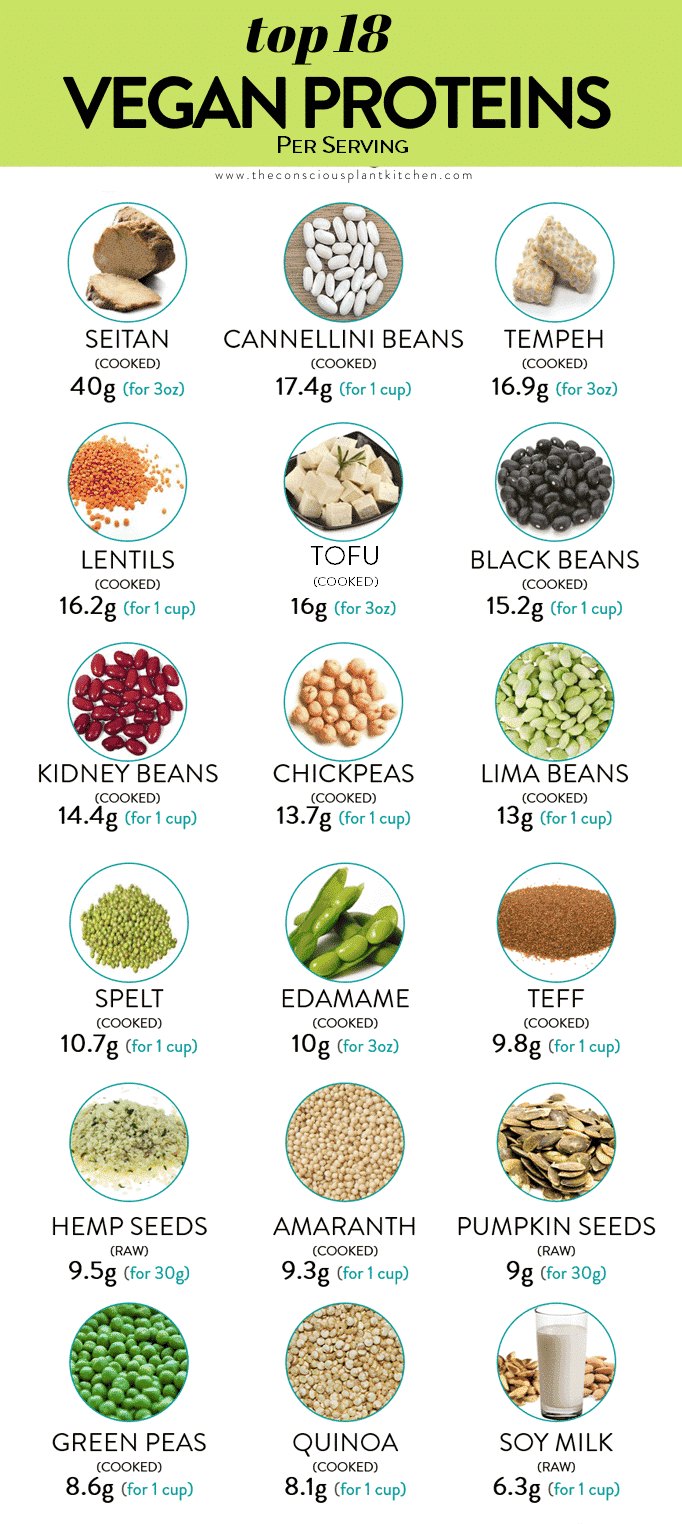

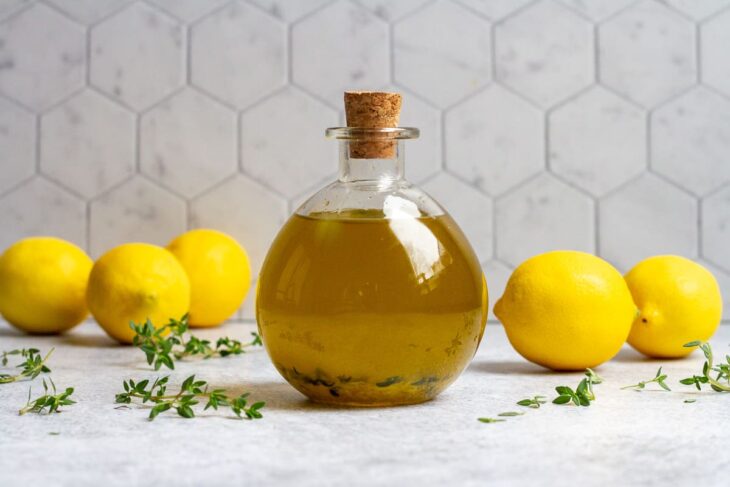

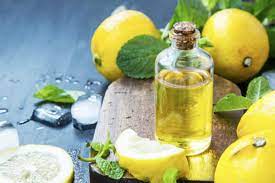
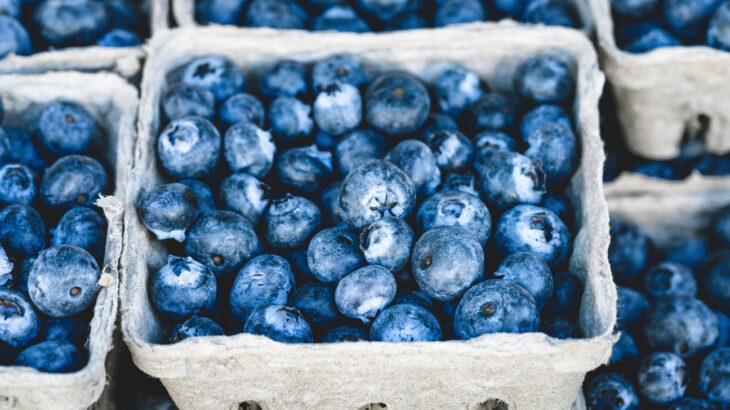

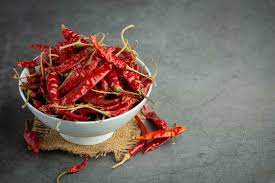

You must be logged in to post a comment.